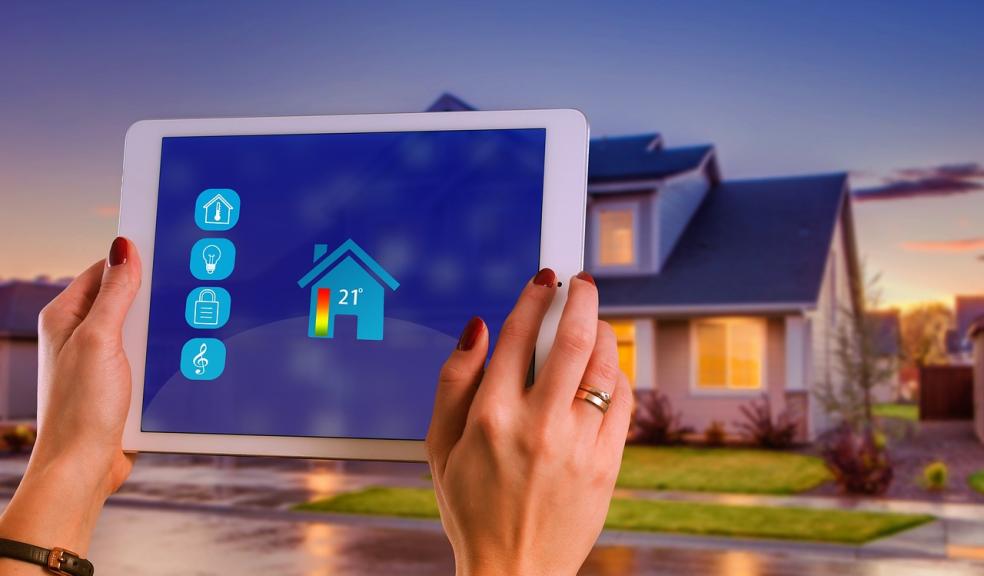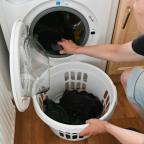
How to Modernise Your Old Home With Energy-Efficient Upgrades
Old houses often have the advantage over new builds in terms of being built more sturdily, with high ceilings and more space both indoors and outdoors. Not to mention they often hold more charm in terms of architecture and design.
But although new builds have a reputation for being more cheaply built and cramped by comparison, they’re often also built with energy efficiency in mind – which is better for your energy bill. This includes coming with new, energy-efficient appliances.
That doesn’t mean you can’t adapt your old home to be more energy-efficient and cost-effective while staying comfortable, though.
Here are some upgrades that you can make both now and over time to save energy and money’s how to transform your old home – and your utility bills along with it.
Upgrade to energy-efficient appliances
Household appliances use up a lot of the home’s energy – particularly the ones in the kitchen, which tend to use the most energy of all.
Older appliances could be using extra energy to operate, either because they’re older models and not designed to be as efficient, or simply because they’ve been in use for a few years and their parts are worn out and not working as effectively.
When looking to see which of your appliances need energy efficiency upgrades, look out for ‘A’ ratings when shopping for new ones (the best energy efficiency rating):
- Refrigerator/fridge-freezer
- Oven
- Boiler
- Washing machine
- Dryer
- Dishwasher
- Air conditioner
Improve your home’s insulation
Anything involving heating or cooling an area will take the most energy to run – namely your fridge, oven and boiler.
Your boiler works hard to keep your home warm on cold days (and your air conditioner, or, to a lesser extent, your fan works hard to keep you cool on hot days). To make sure none of that energy and money is going to waste and your appliances aren’t working overtime, it’s important to make sure your home is as well-insulated as possible.
With good insulation, chilly drafts and escaping heat won’t undo your boiler’s hard work in the winter, and hot air won’t leave you steaming in the summer.
Block gaps and drafts around doors and windows, and consider getting your walls and floors professionally insulated to minimise heat from escaping or entering. If you live in a house, don’t forget to have your roof properly insulated too – since heat rises, the majority of the heat in your home during winter can escape through it.
Incorporate smart technology into your home
There’s more to smart technology than voice commands – it’s a fantastic way to let you control devices from your mobile phone wherever you are. This includes setting timers for them to switch on and off, adjusting temperature, and opening and closing blinds to either shield the inside of your home from the hot sun or keep the heat in during the winter.
Here are just a few smart appliances you can get:
- Thermostats
- Lighting
- Power strips
- Curtains and blinds
Being able to control these remotely and set timers makes managing your energy use even simpler. For example, on a freezing winter day, you don’t have to have the heating running all day while you’re at work so you can come home to a warm house – instead, you can set it to come on an hour before you get home. And if you actually need to come home earlier or later on that day, you can adjust the ‘on’ time from your phone.
Or, if you’re on holiday, you no longer have to leave some lights on all the time to make it appear as if you’re home. Instead, you can time lights to come on and off to save extra energy – and have the added bonus of looking more realistically like someone’s home, too.
Get a smart meter
Smart energy meters won’t directly make you use less energy. But they do give you more control over your usage by giving you a lot more visibility.
They let you track your energy usage in near-real-time, and see what you’re using in pounds and pence – so you can take steps to save more. For example, if your smart meter display is showing you’ve used more energy than usual on a particular day, you can adjust your habits (turning lights off in unused rooms, only boiling water that you need in the kettle etc) and then check the display again to see what’s making a positive difference.
Why not arrange to get a smart meter fitted today? You can choose a day that suits you.
Save on energy bills by bundling home services
Utility Warehouse (also known as UW) is the UK’s only genuine multiservice provider, and they save their customers money by offering discounts when a customer takes more than one service with them. Bigger discounts are available with more services bundled.
UW currently offers electricity, gas, broadband, mobile and insurance, as well as the UW Cashback Card, which is exclusive to their customers. If a customer takes multiple services, not only do they benefit from lower rates, but the services also get bundled onto one simple, monthly bill and account. And if they use the Cashback Card, the cashback they earn comes straight off their bill.
By streamlining all your services, not only could you save more money, but time along with it.
Embrace renewable energy
An increasingly popular way of reducing energy bills is moving away from the main energy grid and getting part of your energy from renewable sources.
While it’s difficult to go completely ‘off grid’, many homeowners are turning to solar panels as a long-term investment to supplement their energy needs. Because they allow you to generate your own electricity, you’ll be using less of the grid’s energy and therefore saving money on your energy bill.
Another upside to renewable energy is that it’s better for the environment. But if you can’t get it just yet, you can also get involved in a green initiative run by a reputable company.
Upgrading an old home to be more energy-efficient doesn't have to be all or nothing. Starting small with simple changes and working your way up depending on your finances will still make a big impact over time.
But, just like bundling your services, the more of these steps you take, the more you’ll save in the long run.









